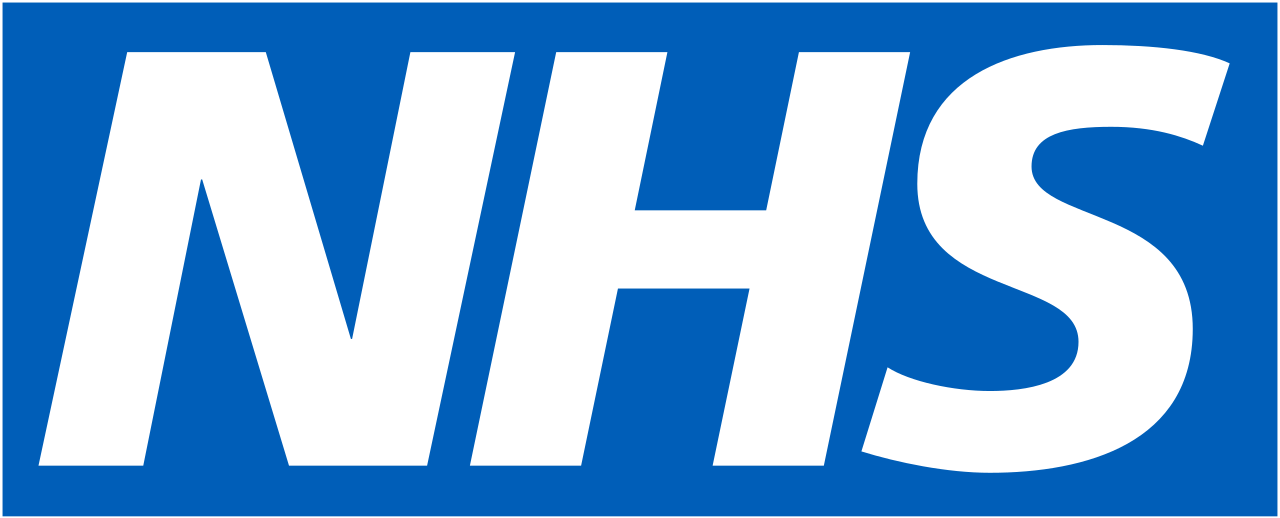Evidence-based wound care
There is robust research evidence to inform many aspects of wound care, but too few patients are receiving evidence-based wound care leading to unwarranted variation.
Using high quality evidence to underpin clinical practice will improve care and increase the chances of better outcomes for patients.
• The Cochrane Library publishes high-quality systematic reviews of wound care research into the prevention and treatment of wounds and their complications.
• Ongoing wound care research studies need the help of clinicians and patients to take part in these studies to develop new knowledge.
• Recent research publications help clinicians keep up to date with new knowledge for clinical practice.
• Priorities for future research need to be identified to ensure research is commissioned for the most pressing questions.
The Wounds Research Network provides a platform for shared learning and support for the design, conduct and delivery of wound prevention and treatment research throughout the UK.
Vascular Research UK is an organisation for communication, collaboration and learning for healthcare professionals, patients, public and policy makers with an interest in the management of vascular disease in the UK and globally.
- NWCSP Resources
- The Cochrane Library
- Ongoing Wound Care Research
- Recent Research Publications
- Priorities for Future Research
NWCSP Engaging with evidence for wound care guide – Download
The Cochrane Library: https://www.cochranelibrary.com/is a collection of databases that contain different types of high quality, independent evidence to inform healthcare decision-making. Select ‘Wounds’ in ‘Browse by Topic’ to find reviews linked to wound care.
Cochrane Wounds: https://wounds.cochrane.org/ Cochrane Wounds is an international network of healthcare professionals, researchers, patients and members of the public. Cochrane Wounds publishes systematic reviews of randomised controlled trials in wound care, treatment and prevention of infection.
Evidently Cochrane: Pressure ulcer prevention and treatment https://www.evidentlycochrane.net/pressure-ulcer-prevention-treatment/
Evidently Cochrane: Dressings and topical agents for healing pressure ulcers https://www.evidentlycochrane.net/dressings-healing-pressure-ulcers/
Evidently Cochrane: Venous Leg Ulcers https://www.evidentlycochrane.net/venous-leg-ulcers-evidence/
Cochrane Blogshots: https://cochraneblogshots.tumblr.com/tagged/Wounds
Good quality research evidence is important for informing clinical practice. These NHS funded studies need the help of clinicians and patients to help fill the evidence gap and improve patient care.
Venus 6 Leg Ulcer Study
This NIHR-funded trial aims to recruit 675 people with venous leg ulcers – Download
VenUS 6 Autumn Newsletter – Download
SWHSI 2-Trial
This SWHSI-2 trial aims to recruit 696 people with a surgical wound healing by secondary intention – Download
PREVENT-IAD
People with experience of incontinence (or experience of caring for someone with incontinence) are invited to give input into a care and prevention guide – Download
ROSSINI 2 Trial
This NIHR-funded trial is seeking to recruit 6,610 participants to determine whether three specific in-theatre interventions decrease rates of surgical site infection (SSI) up to 30 days following abdominal surgery – Download
BMJ Open: What promotes or prevents greater use of appropriate compression in people with venous leg ulcers? A qualitative interview study with nurses in the north of England using the Theoretical Domains Framework – Visit
There are still many unanswered questions about wound care but it is important that health research funders are aware of the issues that matter most to the people who need to use the research in their everyday lives.
The James Lind Alliance (JLA) is a non-profit making initiative established in 2004. It brings patients, carers and clinicians together in Priority Setting Partnerships (PSPs) to identify and prioritise the Top 10 unanswered questions or evidence uncertainties that they agree are the most important.
The James Lind Alliance has identified the research priorities for a number of topics:
- Pressure ulcers https://www.jla.nihr.ac.uk/priority-setting-partnerships/pressure-ulcers/top-10-priorities/
- Cellulitis https://www.jla.nihr.ac.uk/priority-setting-partnerships/cellulitis/top-10-priorities.htm
- Foot health https://www.jla.nihr.ac.uk/priority-setting-partnerships/foot-health/top-10-priorities.htm
Work is currently being undertaken to prioritise research questions for vascular wounds.
Get involved
Sign up to our stakeholder forum to receive consultation surveys, newsletters and more.


Follow Us
Get involved
Information

